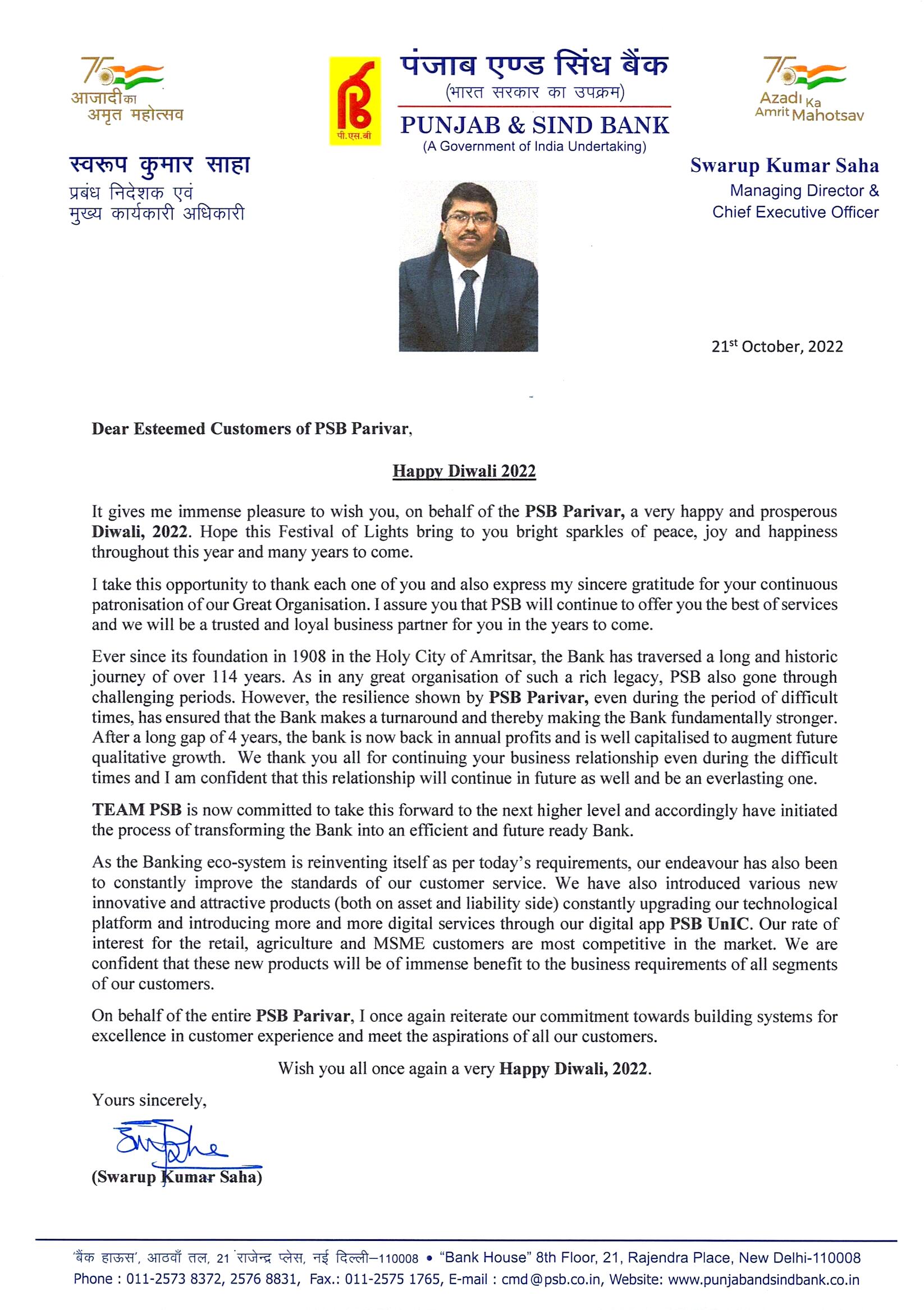Best Practices for Secure Use of Debit/ Credit Cards
1. While making online transactions with credit/debit card, user must only use card at established and reputed sites as there are less chances of card fraud on a reliable websites.
2. Always ensure that the address of the website where transactions to be done, starts with "https://" and not "http://".
3. Always perform online financial transactions from a secure computer system updated with latest security updates/patches, anti-virus and antispyware software and personal firewall.
4. Change your card PIN (Personal Identification Number) periodically.
5. Do not disclose any personal information online like your date of birth, billing address, etc., on the Internet because that can be misused in order to unlock your account password.
6. Never share card details over the phone or with anyone in person as it is easier way for others to get access to your card confidential information and make the online transactions.
7. Do not send card and account details through e-mail to prevent from malicious use by others.
8. Regularly check account statement related to the card and notify the card company in case of any discrepancy.
9. Keep card help line phone numbers with you for any kind of assistance.
Best Practices for Secure Online Transaction
1. Ensure that you have your strong passwords for all accounts. Use of non-dictionary words is also advised. Do not share your password with others.
2. Shop with companies/websites you know. If the company is unfamiliar, investigate their authenticity and credibility. Conduct an internet search for the company/website name.
3. Avoid posting personal information such as address, phone numbers, e-mail address, license number, Aadhar No, birth date, and family details on social networking sites.
4. Look for encryption, before making any sort of digital payment, look for signs that show whether the website is encrypted or not. To do this, look for two things: (a) the trusted security lock symbols, and (b) the extra "s" at the end of http in the URL or web address bar.
5. Verify emails and links in emails you supposedly get from your social networking site. These are often designed to gain access to your user name, password, and ultimately your personal information. These mails could be phishing emails too.
6. Keep your anti-virus and software updated.
7. Secure your login - Use strongest authentication tools wherever available and applicable, such as biometrics, security keys or a unique one-time code through an app on your mobile device. Your usernames and passwords are always not enough to protect key accounts like email, banking and e-wallets.






